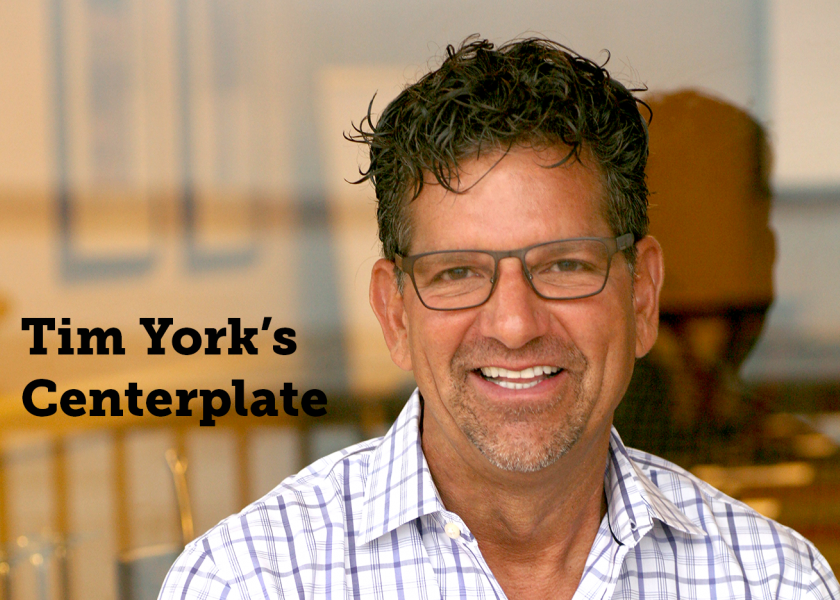The right step forward on sustainable packaging

Like everyone else, I’m a big fan of Amazon Prime — the ease of one-click shopping and virtually instant gratification of my needs or wants. But I’m also very aware of the downside it — along with other online convenience-supplying businesses — poses.
There’s a lot of packaging that is created and that same packaging needs to be disposed of once it reaches the consumer. This new world of online commerce has been dubbed the “cardboard economy,” as individually shipped items require more packaging than products shipped in bulk to stores.
And, while cardboard gets recycled at a rate of 69%, there is also a lot of plastic that accompanies packaging and is only recycled at a rate of 9.1%, according to a 2015 report from the Environmental Protection Agency. Furthermore, 40% of all plastic produced is used in packaging for products, according to National Geographic.
Scott Byrne, environmental specialist for Tetra Pak U.S. and Canada, says a 2017 survey shows the number of U.S. consumers who avoid a particular product or brand for environmental reasons has grown to 68%, which is nearly a 30% increase from the first time the company asked the question in 2005.
In addition, a growing consumer awareness of where their plastic ends up (around necks of wild birds and in the stomachs of whales) appears to have driven some retailers and brands to be more mindful.
Companies like Sun Basket, which developed the first completely compostable and recyclable packaging in its meal kits, have committed to zero waste as goal. McDonald’s, Dunkin’ and Yum Brands have also made commitments to sustainability, and food brands like Nestle, Unilever and PepsiCo have agreed to phase in more sustainable packaging. Grocery stores are also upping efforts to reduce waste of all types, with many pressuring their suppliers to create more sustainable packaging.
At Markon, we’re committed to doing our part. We’ll be introducing a new line of packaging for strawberry containers in June to shift from plastic. We’ve partnered with several operators to test the new clamshells and so far the packaging has received high marks.
The move is part of our overall efforts to reduce the amount of plastic we use as well as increasing recyclability.
By converting from our two-pound plastic MFC strawberry clamshells to cardboard, with plans in the works to also convert our one-pound strawberry containers, we will be saving nearly 30 tons of plastic every year that won’t go into landfills or oceans.
I recognize that rolling out more sustainable packaging is no easy task. The cardboard clamshells increase costs, and some operators will balk at the difference. But the time has come to re-look at packaging through a sustainability lens. It won’t be easy, but even small changes are important and the right thing for the future of our industry and our planet.
Tim York is CEO of Salinas, Calif.-based Markon Cooperative.
Related content:
Beyond iceberg: New spins on the traditional salad
Growth is an ingredient for success
Beyond plant-based eating: Food and restaurant predictions for 2019







